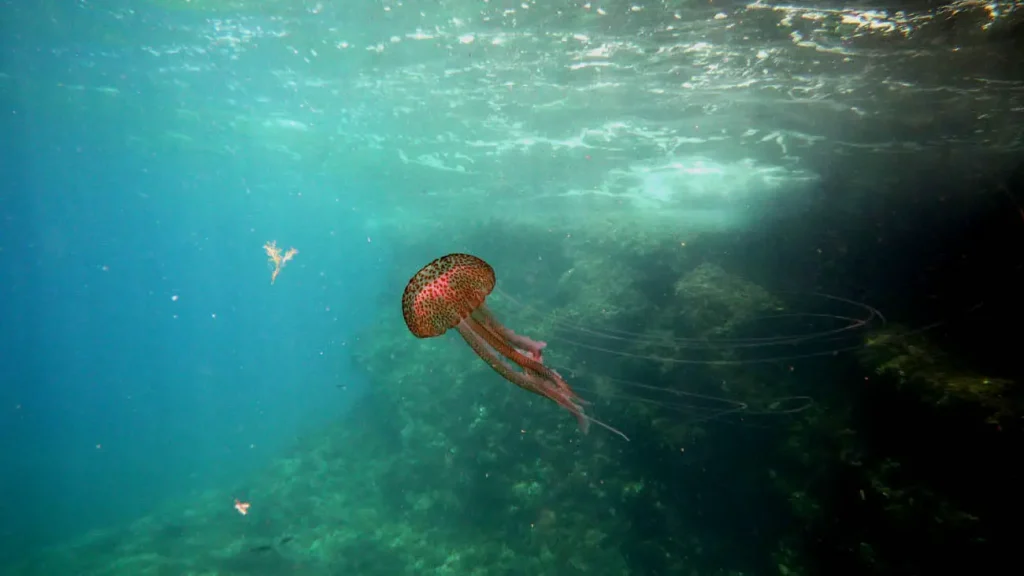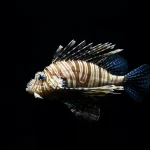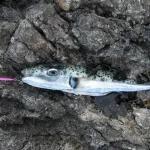When swimming in the calm and peaceful Croatian Adriatic, it’s difficult to imagine that anything could be lurking down in the depths where you can’t see. The crystal clear waters allow for a view of all of the fish and other marine creatures living down below, but rarely do we imagine coming to some harm.
Although sharks do live in the Croatian Adriatic, they pose little to no threat and much prefer to avoid any contant with humans, making being able to see and film them a delight rather than the cause of a panic attack. The most common injury caused by a resident of the Adriatic is one by a sea urchin, who can pack a punch with its spikes when accidentally stepped on.
Jellyfish, however, are quite another story indeed, and a recent discovery is of a type which does more than deliver an uncomfortable but generally harmless sting.
As Poslovni Dnevnik writes, Croatian divers spotted the dangerous jellyfish (Pelagia noctiluca) on Sunday in the south of Istria. Being stung by this jellyfish causes severe pain, and upon contact with human skin, the creature causes agonising injuries similar to burns that are then very difficult to heal.
This jellyfish, which has numerous names – the mauve stinger, the purple-striped jelly, the purple stinger, the purple people eater, the purple jellyfish, the luminous jellyfish and the night-light jellyfish, is a relatively small creature with a semicircular head and pink tentacles, sprinkled with tiny purple dots.
As stated, upon contact with human skin, severe pain occurs and injuries similar to burns appear, which are difficult to heal, followed by depigmentation of the skin and even deep scarring, local portal Glas Istre writes.
This jellyfish was spotted by the Croatian divers on Sunday in the bay of Velika Kolumbarica near the Kamenjak peninsula. Sea currents and waves sometimes carry these jellyfish to the shore, where they’d prefer not to be, and where they become a threat to swimmers.
For more, follow our lifestyle section.











